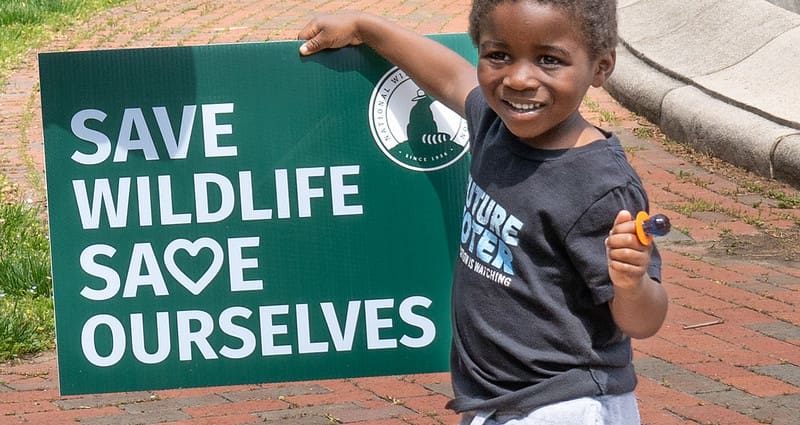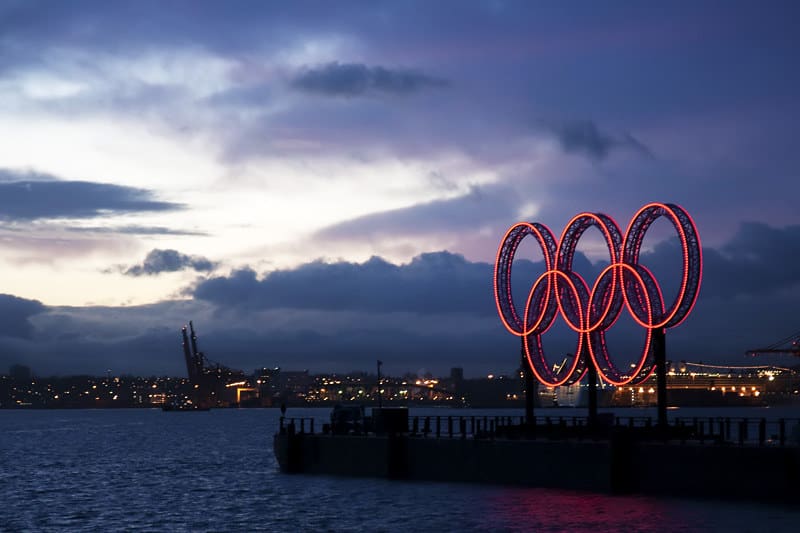Imagine this: a tiny island nation, drowning under the effects of rising sea levels, takes on the world’s biggest polluters in a courtroom. Sounds like a movie plot? But it’s exactly what’s happening at the International Court of Justice (ICJ), where the stakes couldn’t be higher — for all of us.
The International Court of Justice (ICJ) recently concluded hearings on what could become the most significant climate change case in history. Held in mid-December 2024, the proceedings focused on the legal obligations of governments under international law to protect the environment and limit climate change. The court’s advisory opinion, expected in 2025, could be a turning point for global environmental action.
The road to the ICJ: A student-led movement
This groundbreaking case began in 2021 when law students in Vanuatu, a small Pacific island nation under severe threat from rising sea levels, successfully lobbied their government to seek the court’s guidance. Backed by 131 countries, Vanuatu presented a resolution to the United Nations General Assembly, which was adopted in 2023. The resolution highlighted climate change as an unprecedented challenge that demands urgent global action.
Vanuatu’s efforts reflect the growing recognition of climate change as not just an environmental issue but a civilisational crisis with dire consequences for future generations. It’s a powerful reminder that big change often starts with small voices refusing to stay silent.
What’s at stake?
The ICJ doesn’t hand out rulings like a regular courtroom. Instead, it gives “advisory opinions” — legal guidance that isn’t technically binding but carries massive influence.
This case is asking the court two key questions:
- What are governments legally obligated to do under international law to fight climate change and protect the environment?
- What happens to those who don’t do enough, especially when their inaction harms vulnerable nations?
Africa’s role: Leading the call for climate justice
Nine African nations, including South Africa, submitted statements detailing the devastating effects of climate change on the continent. Despite contributing only 3% of global greenhouse gas emissions, Africa bears the brunt of extreme weather events, food insecurity, and displacement.
South Africa, in particular, emphasised an important argument for the ICJ to address the disproportionate impact of climate change on Africa. The government highlighted how climate change isn’t just an environmental issue — it’s a human rights crisis. Rising temperatures, droughts, and floods threaten basic rights like access to food, water, and health. The South African delegation raised an important question: if rich countries had to deal with this level of crisis, would the response look different?
Why this case matters
The ICJ’s forthcoming opinion has the potential to reshape the global climate narrative in several ways:
- Legal precedent: If the ICJ says governments have a legal duty to act on climate change, it could give activists and citizens a powerful new tool to hold leaders accountable. For the first time, governments could be legally bound to take climate action under international law.
- Human rights: By linking climate change to fundamental rights, this case could change how we think about the crisis. It’s not just about melting ice caps; it’s about whether people have the right to live safely and sustainably.
- Global cooperation: The case could highlight how climate change disproportionately affects the most vulnerable countries, forcing wealthier nations to step up their game.
The ICJ’s opinion won’t come until 2025, but its impact could be felt for decades. For South Africa and other African nations, this is a chance to push for stronger international cooperation and climate financing.
And for the rest of us? This case is a wake-up call. It’s a reminder that the fight against climate change isn’t just about policy papers and conferences; it’s about justice, fairness, and survival.
Emma is a freshly graduated Journalist from Stellenbosch University, who also holds an Honours in history. She joined the explain team, eager to provide thorough and truthful information and connect with her generation.




